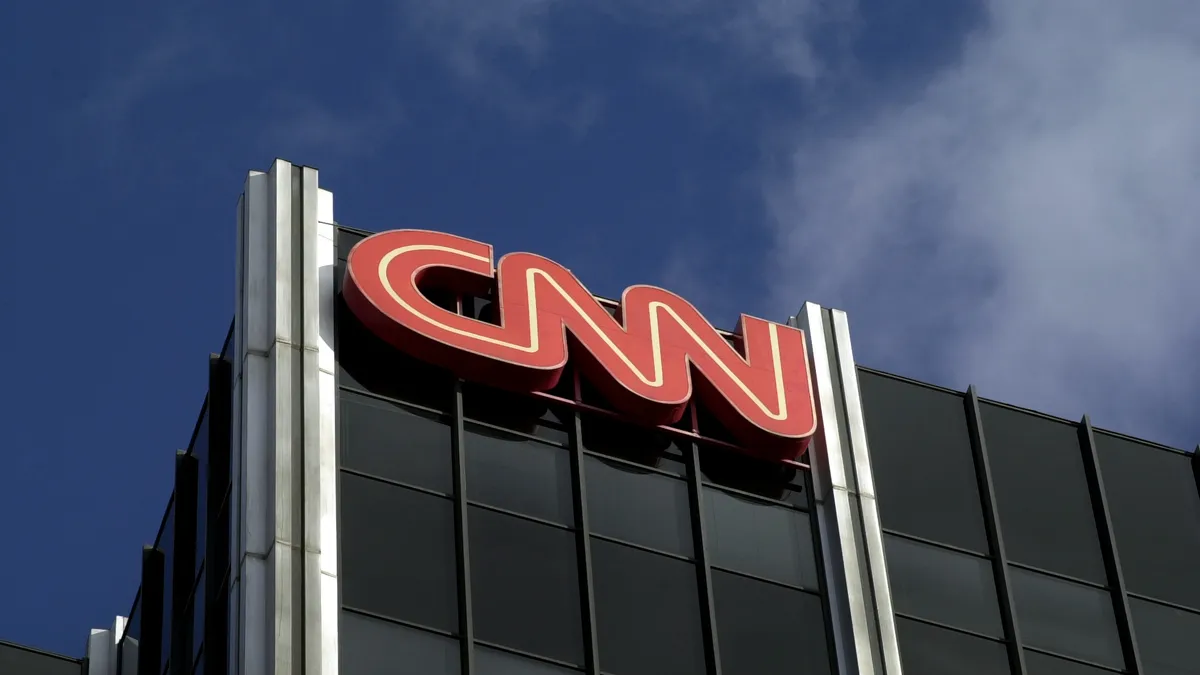Dive Brief:
- CNN fired three employees who showed up to its office unvaccinated against COVID-19, according to an Aug. 5 tweet by CNN senior media reporter Oliver Darcy quoting company president Jeff Zucker.
- The news network has a "zero tolerance policy on this," Zucker reportedly said, noting that the company also pushed back its planned Sept. 7 return to office date to mid-October.
- "I think it is fair to say that we are all feeling a mix of anticipation, anxiety, frustration, confusion, and exasperation … I get it," Zucker continued. "Continue to take care of yourselves and each other. And I will share more updates just as soon as we have them." A CNN spokesperson did not respond to an HR Dive request for comment.
Dive Insight:
Once a largely untouched topic, vaccine mandates are a growing consideration for U.S. employers. In the past two weeks, large employers including Tyson Foods, Microsoft, Google and Walmart have each implemented some form of vaccination requirement for in-person work while readjusting return plans due to the delta variant.
Those announcements, along with a small handful of court decisions, may provide some legal support to employers that seek to do the same. However, employers also may need to anticipate the potential for resistance in response to mandates, attorneys recently told HR Dive, and that may include the possibility of termination for those who refuse to comply.
But there are a number of questions that attorneys advise employers to ask before considering termination. For example, an employee who is unable to get vaccinated due to a medical condition or sincerely held religious belief may require reasonable accommodation under federal civil rights laws.
Employers can also consider accommodations even for those who do not have a medical or religious reason for refusing a vaccine, such as remote work, sources previously told HR Dive. In either case, the wording of vaccine mandates can state clearly expectations and the deadlines by which vaccination must take place.













